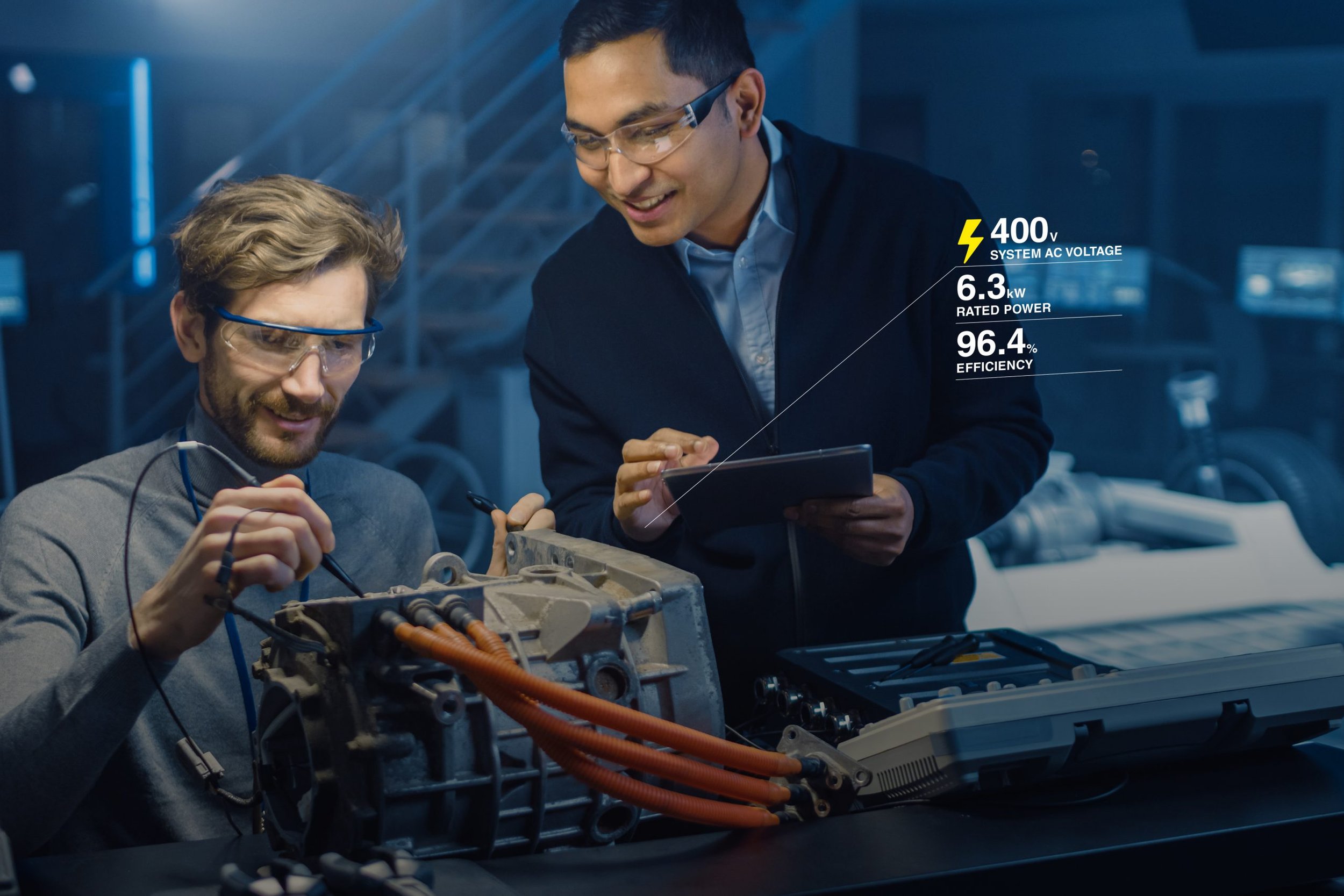The Benefits of an Accredited Calibration Services Laboratory
Whether you work in aerospace, healthcare, or any industry reliant on accurate measurements, the role of accredited calibration services laboratories cannot be overstated. These specialized facilities ensure that your instruments are finely tuned for optimal accuracy, compliance with industry standards, and enhanced reliability.
Ensuring Quality in Testing and Calibration
This comprehensive guide emphasizes the importance of accuracy and precision in testing and calibration processes. Calibration plays a crucial role in achieving accuracy by comparing instrument readings to known standards. The article also addresses common challenges, including equipment limitations, environmental factors, human errors, calibration intervals, and traceability issues. To ensure quality, adopting best practices like regular calibration, proper training, method validation, and continuous improvement is essential. These measures lead to reliable data, informed decision-making, and higher standards across various industries.
A Comprehensive Guide to Velocity-Type Vibration Sensor Calibration Checks
In the world of industrial applications, velocity-type vibration sensors serve as crucial guardians, monitoring machinery health and ensuring safe operations. To guarantee precise measurements, regular calibration checks are essential. These checks verify the sensor's accuracy and sensitivity, helping to detect faults early and optimize maintenance. A case study involving a gas turbine in a power plant highlights how calibration checks lead to enhanced efficiency and cost savings. By fine-tuning the sensor's sensitivity, engineers ensure continued reliability, making calibration checks a proactive approach to industrial safety and performance.
Calibration Services and Measurement: Ensuring Accuracy in Industries
Calibration services and measurement are critical components of many industries, including healthcare, transportation, and manufacturing. Calibration refers to the process of verifying and adjusting the accuracy of measurement equipment, while measurement involves quantifying a physical property, such as length, mass, or temperature. In this article, we will explore the importance of calibration services and measurement.
Data Logger Calibration Checklist
Regular calibration is essential to ensure that your data loggers are providing accurate measurements. This comprehensive checklist covers all the necessary steps for data logger calibration services, including verifying accuracy, checking for sensor drift, inspecting the physical condition, verifying battery life, calibrating the data logger, recording the results, and providing a calibration certificate. By following this checklist, you can ensure that your data loggers are calibrated accurately and reliably.
How to Calibrate a Pressure Transmitter
Pressure transmitters are an important part of many industrial processes, providing accurate and reliable measurements of pressure in a given system. The accuracy of these readings is dependent upon the proper calibration of the device. Calibrating a pressure transmitter can be a tricky business, and doing it wrong can lead to inaccurate readings.
Why Is Calibration Critical for Manufacturing Equipment?
Calibration plays an important role in avoiding producing an inaccurate part, which is why you cannot overstate the benefits of calibrating machinery and measuring devices. Calibration for measuring equipment makes sure your QA processes are accurate, and you are not accepting parts that you should be rejecting. Without routine calibration, equipment may deviate from specifications, providing inaccurate measurements and endangering equipment quality, safety, and durability.
Calibration on Ground Support Equipment
Calibration and maintenance help detect and solve potential problems, ensuring that the components are functioning at their peak efficiency—quickly, thoroughly, and accurately. The advantages of regular calibration and GSE service are significant. They ensure that your equipment is operating efficiently as well as promoting organization and consistency across all machines.
With the rise in importance of regulatory compliance, GSE (Ground Support Equipment) and Aircraft operators must ensure machine reliability and adhere to necessary legal and best practice standards. Certified technicians perform scheduled calibration and maintenance to give full equipment certification, including all paperwork required for audits and inspections.
Do We Need to Calibrate Data Logger?
Data loggers are often used in environments where the temperature is vitally important. Food manufacturing and processing plants are two common scenarios that often use data loggers. Pharmaceutical storage and manufacturing facilities are another. In some circumstances, especially with pharmaceuticals, even almost infinitesimal errors can prove deadly. Regulatory agencies require equipment to be maintained regularly. Calibration certificates are routinely asked for during FDA inspections, for instance. For even more sensitive applications, ISO 17025 calibration may be necessary.
Vibration Analysis Basics
Vibration analysis can help you understand the health of your machines, which is important for reducing maintenance costs and increasing productivity. Vibrations are not always visible, but they can be felt or heard. They can also cause damage or failure if left unchecked. If you’re looking for a way to identify problems before they become major issues, vibration analysis is an excellent tool that will help keep your equipment running smoothly while saving money on repairs down the road!
Why Calibrate Accelerometers?
Our first response to the question about accelerometer calibration and intervals is to consider what is the cost of failure. If you make a measurement and you later find out the sensor (or measurement channel) was bad, what would be the cost of invalidating that data or retaking it (if even possible)? The costs could vary from nothing to immense.
What Is Calibration?
In order to provide special and innovative products and services in a changing marketplace, manufacturers of all types rely on an accurate measurements. The calibration of devices that measure pressure, speed, flow, elevation, and dozens more are therefore an essential part of the manufacturer's quality system. Understanding calibration can give you an in-depth knowledge of how and why calibration research is important. Calibrating and adjusting your measurement equipment will help you to measure more accurately and without complications. Learn more in this blog post about what calibration is and the benefits it provides!
The Benefits Of Using An Accredited Calibration Lab
Unlike laboratories without an accreditation certificate, accredited labs live, breathe and eat maintenance. Through proficiency tests and internal checks, accredited laboratories are continually being assessed to ensure they stay within ISO 17025 standard. It is important to note that not all unaccredited laboratories are equal, therefore not all calibrations are equal. This is why choosing an accredited calibration lab is crucial; it will automatically guarantee accuracy of calibrations.
Do We Need To Calibrate Our Vibration Controller Unit?
Do we need to calibrate our vibration controller unit? In order to answer this, let's try to slightly move backward to remember the role that is played by the vibration controller in a vibration testing system. To run a vibration testing, we need to set our test specification (demand) at the vibration control software and let the vibration controller to control the rest. A feedback sensor will send feedback signal. And based on this feedback signal, vibration controller will adjust the drive signal to make the actual vibration signal aligned with the test specification.
Various Types of Calibration
Calibration is the comparison of measurement results provided by a device under test with those of a calibration standard of established accuracy in measurement technology and metrology. some of the most frequently performed types of calibration are Pressure Calibration, Temperature Calibration, Flow Calibration, Pipette Calibration, Electrical calibration, and Mechanical calibration.















